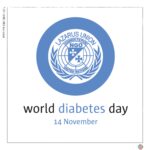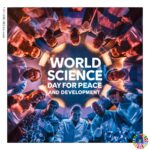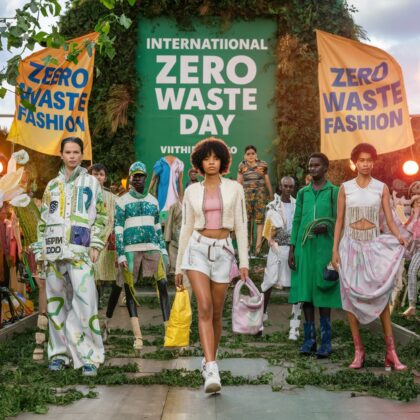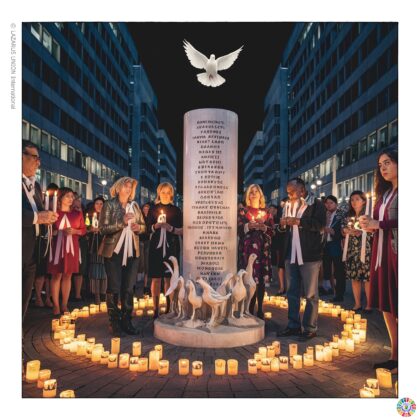This year’s International Zero Waste Day focuses on fashion and textiles. The earth is a victim of fashion. Thousands of chemicals are often used in the production of textiles, many... Seguir leyendo
Television: Our Global Storyteller Since 1927
A Day to Celebrate the Role of Television in Connecting and Informing the World
On 21st November, we commemorate World Television Day, a UN-designated day recognising television’s critical role in shaping public awareness, fostering global dialogue, and advancing understanding. In the modern world, where digital media has transformed the way we receive information, television remains a powerful medium for educating, inspiring, and connecting people across continents. For the Unión Lázaro, television’s influence is not only a testament to technological achievement but a key partner in advancing the Sustainable Development Goals (SDGs).
The Impact of Television on Society and the SDGs
Television has been a cornerstone of public communication, responsible for disseminating vital information and shaping global narratives. With millions of viewers daily, it is a medium capable of bridging divides, sharing stories, and bringing attention to critical issues affecting humanity. In this regard, the Lazarus Union recognises television as an ally in promoting social cohesion, education, and advocacy aligned with the SDGs.
1. SDG 4 – Quality Education
Television plays a significant role in expanding educational reach. Many regions where formal education is limited gain access to valuable knowledge through educational programming and documentaries broadcast worldwide. This medium provides lifelong learning opportunities, from early childhood development programs to adult education, fostering informed and engaged societies.
2. SDG 10 – Reduced Inequalities
By giving a voice to the voiceless and spotlighting issues often overlooked, television reduces inequalities. Through news reports, interviews, and in-depth coverage, television exposes social injustices, advocates for marginalised communities, and raises awareness on diverse cultural perspectives. This capacity for storytelling and advocacy aligns with the Lazarus Union’s mission to support vulnerable populations and foster inclusive societies.
3. SDG 16 – Peace, Justice, and Strong Institutions
Television has long been a proponent of peace and understanding by offering platforms for dialogue and bridging cultural divides. Channels dedicated to peacekeeping and humanitarian issues bring attention to conflict zones and support calls for peaceful resolution. By raising awareness of global issues and holding leaders accountable, television plays a critical role in promoting justice and reinforcing strong institutions.
How Television Supports the Mission of the Lazarus Union
The Lazarus Union is committed to humanitarian efforts, peacekeeping, and inclusivity. Television amplifies these missions by covering stories that resonate with our values and goals. Whether reporting on disaster response efforts, highlighting campaigns for peace, or showcasing volunteer initiatives worldwide, television enables the Lazarus Union to reach broader audiences and gain visibility for our causes. It inspires others to join our mission of compassion and community, reinforcing the idea that a better world is possible when we work together.
Celebrating World Television Day with the Lazarus Union
As we celebrate World Television Day, the Lazarus Union encourages reflection on how we engage with televised media. Television is not merely a source of entertainment; it is a tool with profound potential for positive change. By supporting educational programs, ethical journalism, and awareness campaigns, we contribute to a well-informed society that aligns with the core values of the SDGs.
The Lazarus Union calls on its members and supporters to appreciate television’s role as an agent of progress and unity. Let us continue to harness the power of this medium to inspire and effect change.
Sources and Further Reading:
- United Nations – World Television Day
- UN Sustainable Development Goals
- Lazarus Union Official Website








